Sean Goretskie, Carl Herrmann and Jill Johnson – Presiding Fellows
As we reflect on our second day in Kenya two words come to mind: Maua maridadi, which means “beautiful flower” in Swahili.
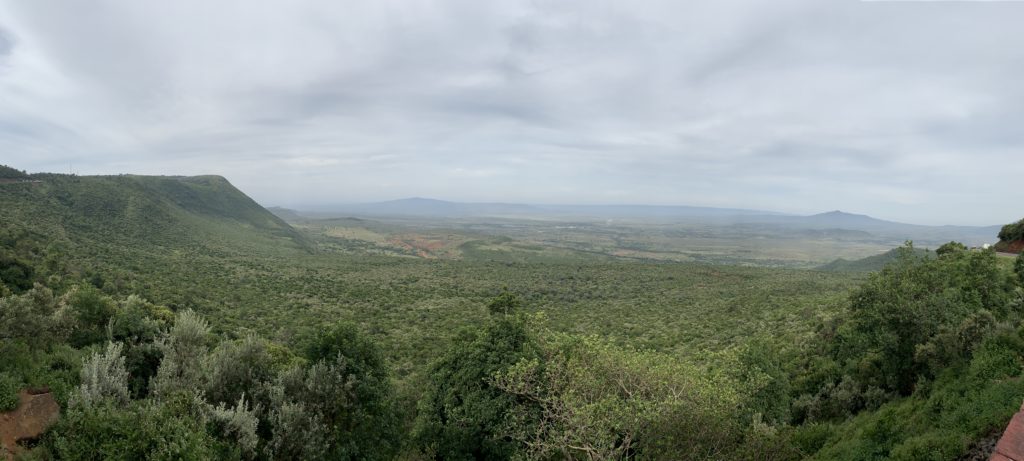
The group loaded up in six safari vehicles and traveled from Nairobi to Naivasha. We saw many amazing sights along the way including a cliff-hugging drive overlooking the Rift Valley.
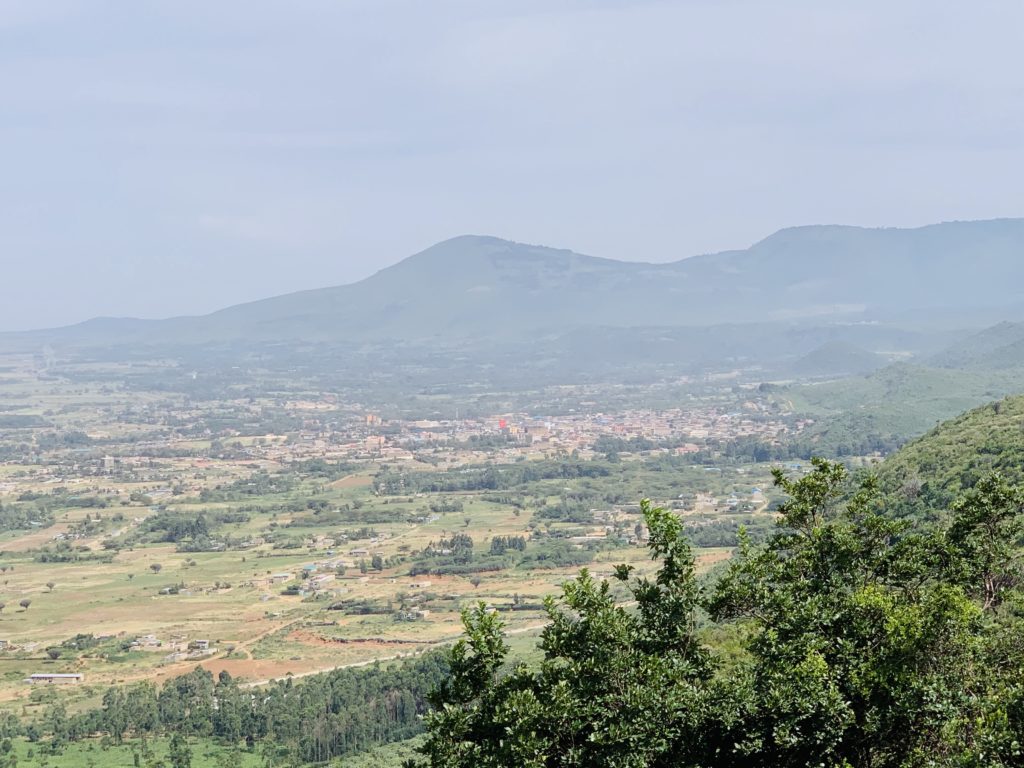
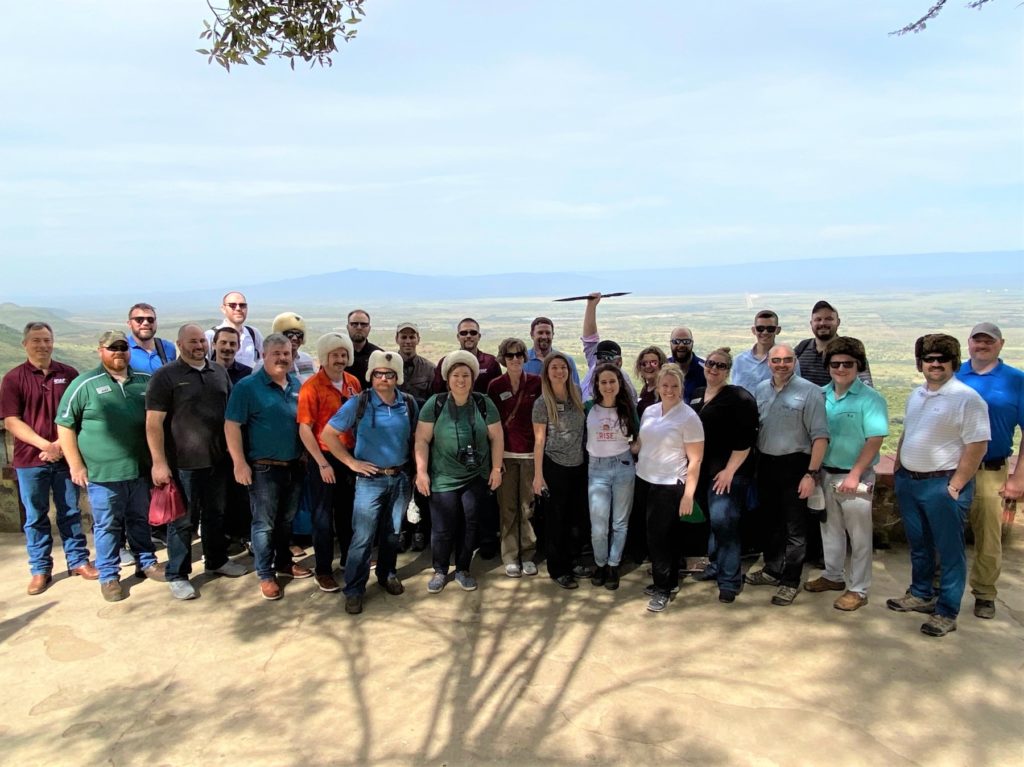
As we neared Naivasha, our first stop was the Nini Flower Facility where we met Phillip, the general manager. This medium-sized facility specializes in growing intermediate roses packed at the source with flower food for the customer to purchase at a shop. Nini employs 1,200 people; 70% of whom are women. The facilityy processes 300,000 to 400,000 stems a day which equates to around 120 million stems a year.
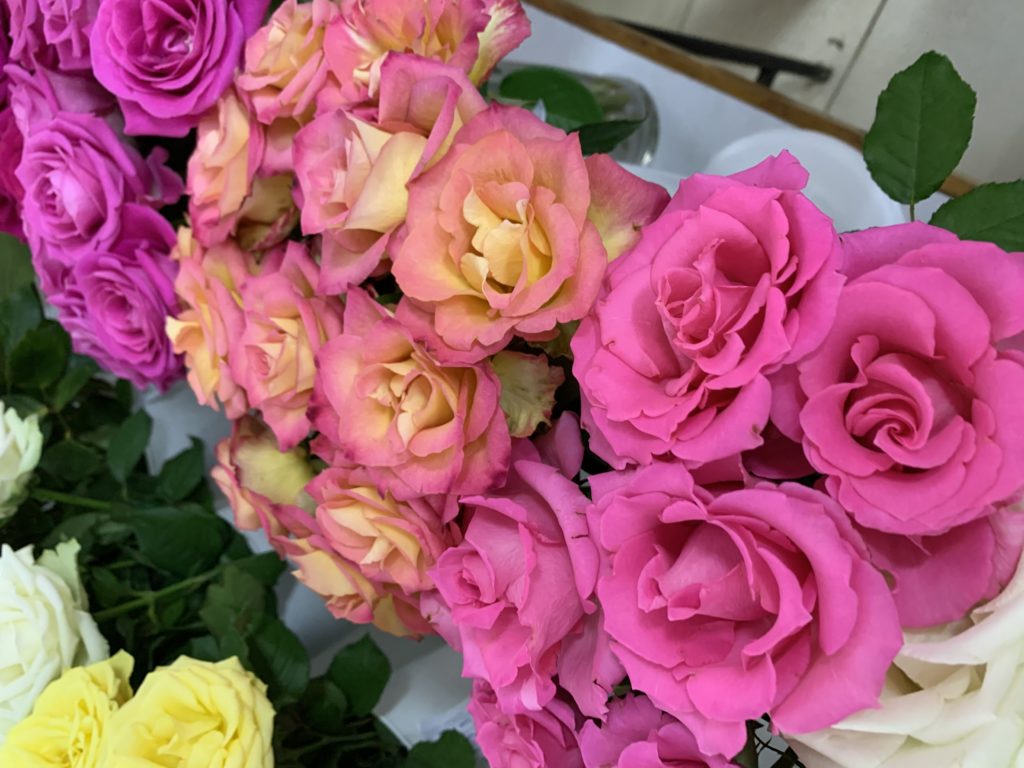
Every rose is patented and every variety belongs to a breeder. There are 8 to 10 breeders in Kenya and Nini has to pay royalties to the breeder to grow their variety. Nini also has a quality assurance process which mainly helps determine the “shelf life” of a rose from the point it leaves the facility to point of purchase for the consumer.
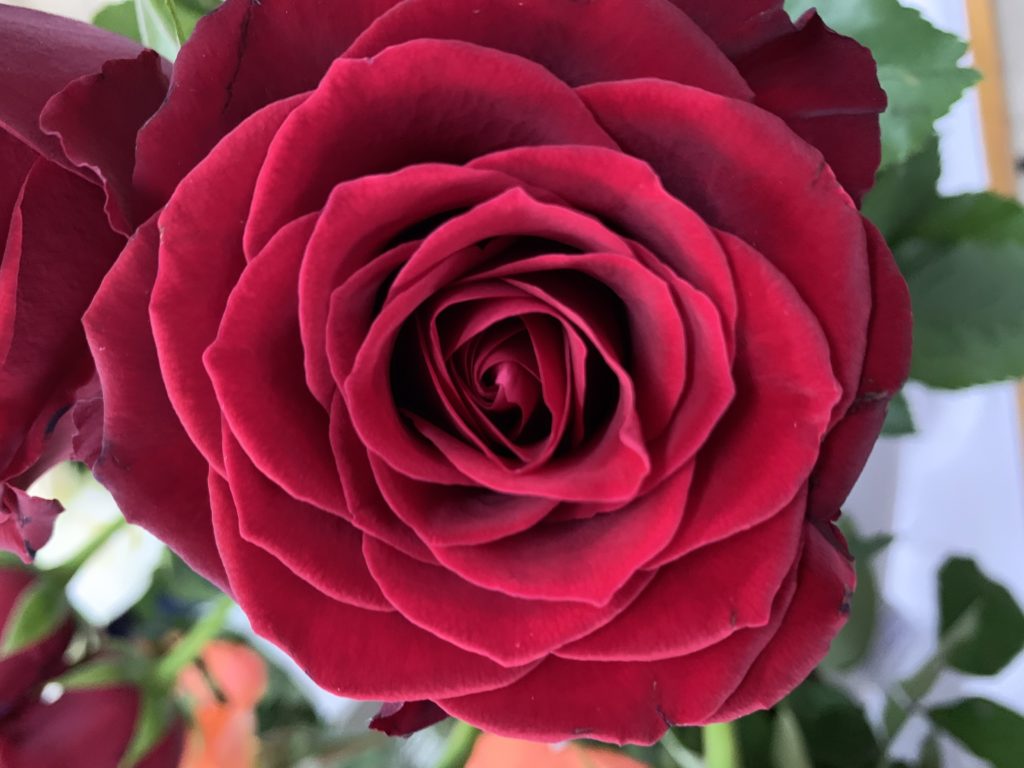
Flights come to Nairobi every day to pick up flowers. The roses leave the farm at night and are put on a plane most likely bound for the UK and the Netherlands, which is an eight-hour trek. Through the quality controls, Nini guarantees a vase life of 7 days after purchase at a shop. The total life of the rose is about 17 days.
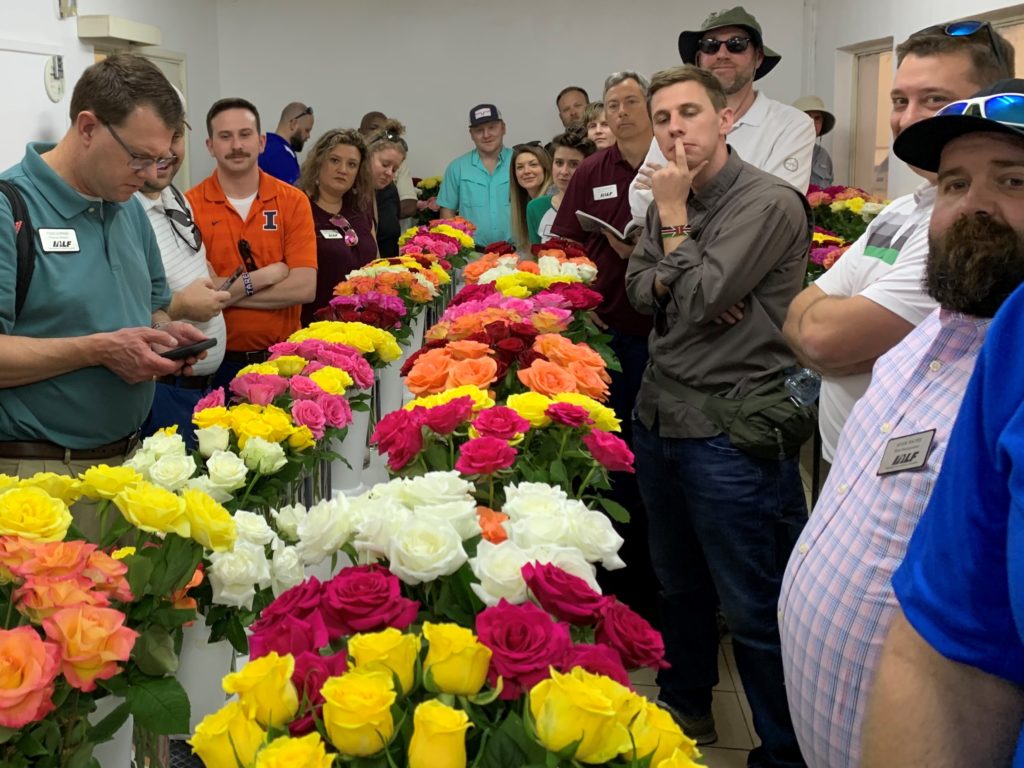
Leaving Nini, we had the opportunity to have lunch at the Sawela Lodge. The food was incredible, which has been since arriving in Kenya. After lunch, we walked the grounds behind the lodge and got to view monkeys, giraffes, and impalas roaming the grounds. Going to a zoo will never be the same after our experiences on this trip.
After lunch, we made our way to Stokman Rosen Flower Farm. They specialize in providing starter plants for a variety of flowers. All the plants are grown hydroponically using shredded coconut husk as a growing medium. They start very few crops from seeds and most of the propagation is done via clones. Once they find the genetics they like, they keep mother plants for their clones. The mother plants are kept in a vegetative state through light and nutrient manipulation which ensures they retain the preferred genetics.
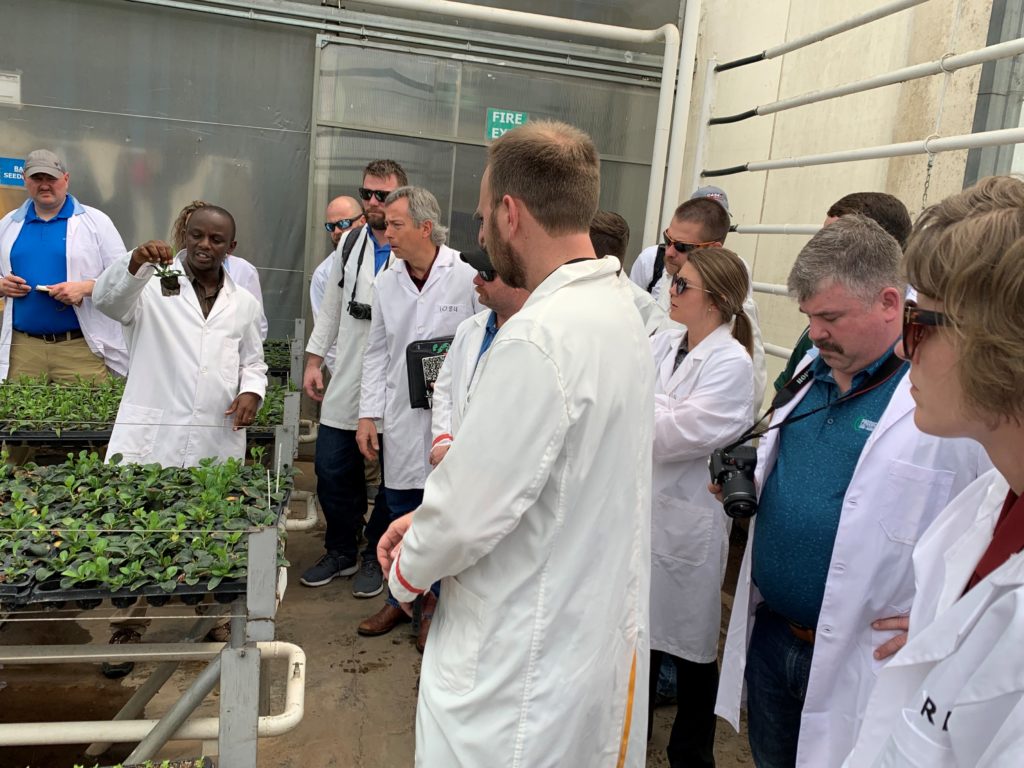
Stokman also handles a lot of different rootstocks used for grafting. Once they have found their preferred rootstock, they graft it to the flower buds to produce a superior product for their customers. They are constantly looking for the best rootstocks to enhance their products.
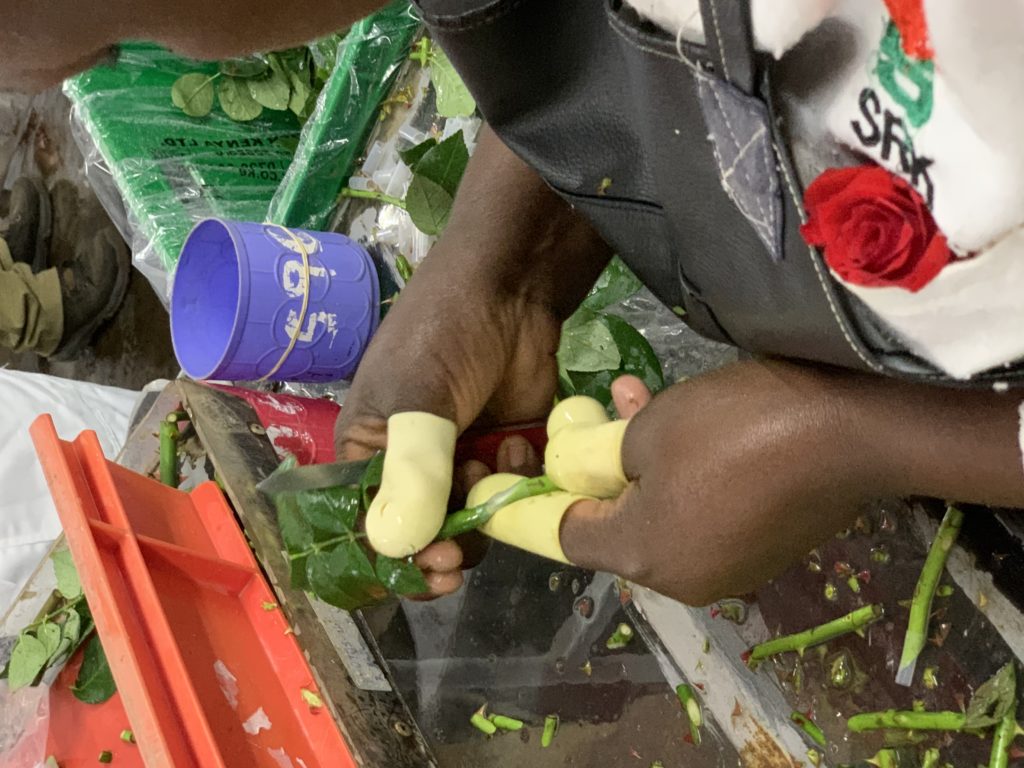
At Stokman, 90% of the employees are unionized. They are fair trade certified and have to pay above the minimum living wage, making it a desirable to place to work. One amazing benefit is that employees receive up to 70% of the cost of education for their children in high school and college. They also receive subsidized lunch, free transport to work by bus, and healthcare. A normal work-day is 7 hour 40 minutes excluding lunch, and employees work an average of 46 hours per week. Overtime is time and a half and double-time if you have to work on your day off. Hourly wage is about 70 shillings, which equates to about $0.07 US.
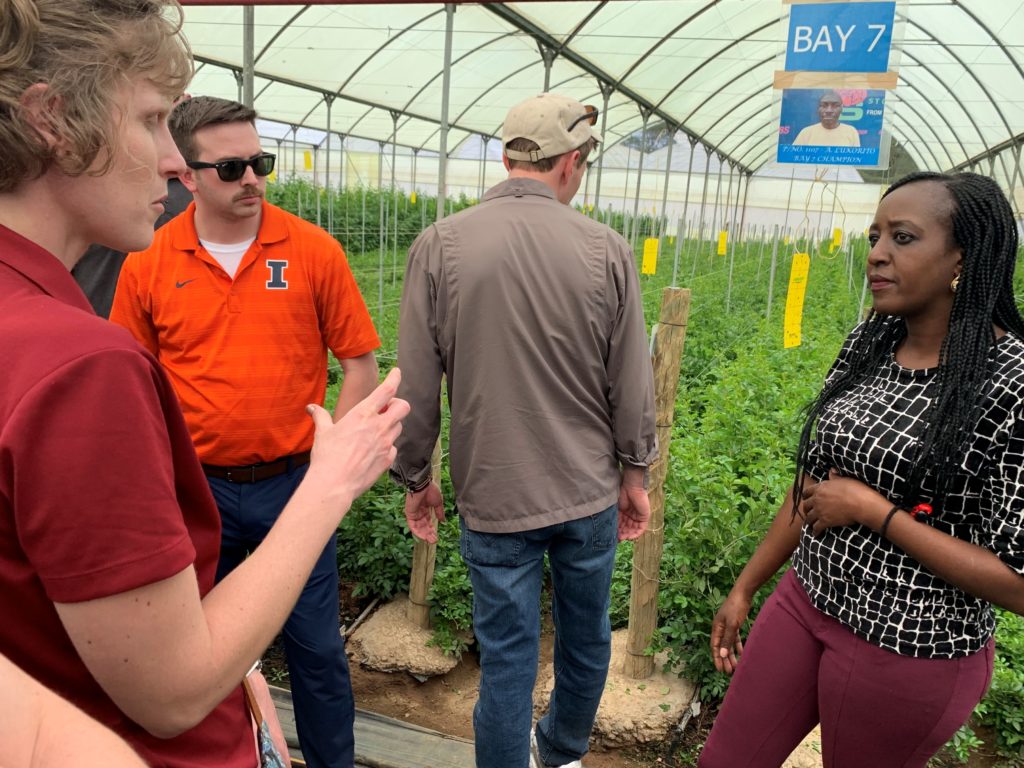
The day ended when we made it to the Sarova Lion Hill Game Lodge. We got to see a local tribe perform a show, have another great dinner and finished with group card games. It was a spectacular day and we look forward to the rest of our week in Kenya.

